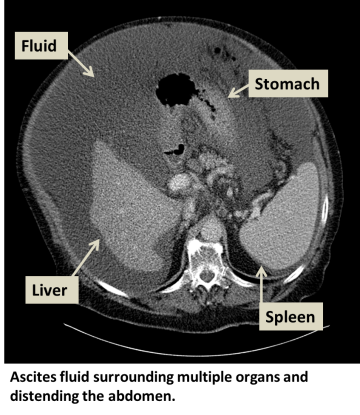Malignant Pleural Effusions and Ascites
Find your care
Our experts offer a comprehensive suite of image-guided techniques to treat cancers of the liver, kidney, lung, musculoskeletal and other solid malignancies. Call 310-481-7545 to schedule a consultation or procedure.
What are malignant pleural effusions?
A pleural effusion is a buildup of fluid in the area between the pleura (layers of tissue that line the lungs) and the chest cavity (the pleural space). Malignant pleural effusions are caused by cancer. As the pleural effusion grows, it compresses the underlying lungs and heart, leading to symptoms.
What is ascites?
Ascites is an abnormal accumulation of fluid in the abdominal cavity. Malignant ascites is caused by cancer deposited in the lining of the abdominal cavity.

Risk Factors
- Malignancy
Symptoms
- Chest pain
- Difficulty breathing
- Painful breathing
- Cough
- Abdominal pain
- Bloating
Diagnosis and Screenings
- Physical exam
- Laboratory tests
- Chest x-ray
- CT scan
- Ultrasound
Treatments
- Pleural effusion
- Drainage of fluid (thoracentesis)
- Permanent catheters can be placed to avoid recurrent visits to the hospital for drainage. These catheters allow for patients to drain the fluid at home.
- Ascites:
- Drainage of fluid (paracentesis)
- Permanent catheter placement for repeated self-directed drainage at home
For More Information:
For more information or to schedule an appointment with one of our IR physicians, please call 310-481-7545.